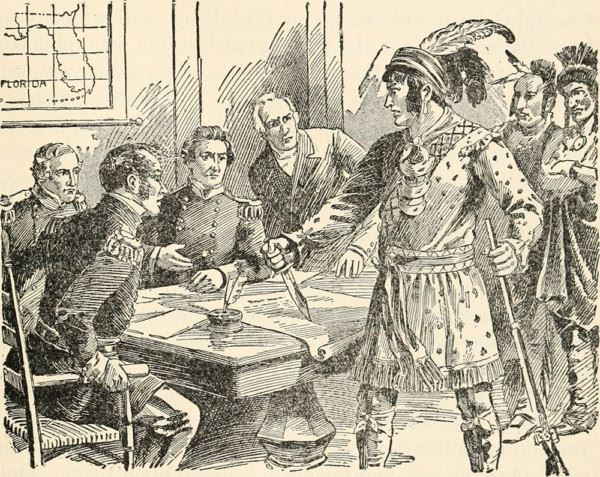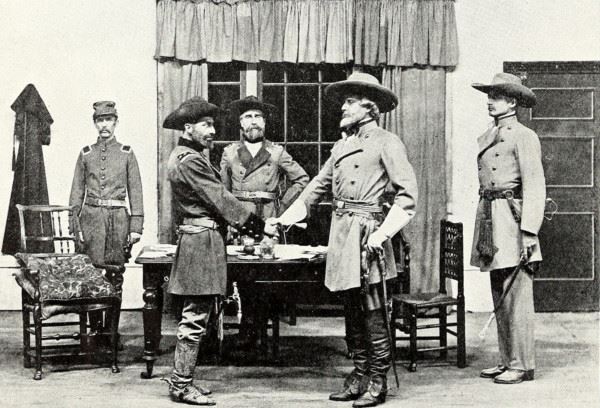
False Claims Act

The 1863 False Claims Act (FCA) is a federal law that allows whistleblowers to report companies or individuals that are defrauding the U.S. government. A lawsuit filed under this statute, known as a Qui Tam case, is submitted directly to the federal court system; the whistleblower, known as the relator, is effectively suing the fraudulent company or individual on behalf of the Department of Justice. The government has the option of joining the plaintiff’s case against the fraudulent corporation or individual or decline to do so, leaving the relators free to proceed with the case in court on their own.
The federal government is the top money spender in the United States and contracts with thousands of companies to provide goods and services. This expenditure affects millions of citizens including patients who rely on health care services and prescription drugs paid for by Medicare and Medicaid, drivers who depend on the safe maintenance of highways and other aspects of our nation’s infrastructure, and American soldiers who depend on defense contractors to manufacture reliable body armor and dependable weapons. Since many of these contracts directly affect the safety and interests of U.S. taxpayers, many who are honest and brave enough often blow the whistle and bring these criminals to justice.
False Claims Act Whistleblower Protections
The False Claims Act provides strong, comprehensive protections to whistleblowers who choose to come forward against corruption or fraud. The FCA’s Anti-Retaliation provision prohibits an employer from terminating, demoting or harassing any employee who has exposed corporate wrongdoing by filing a Qui Tam case. Employers who choose to ignore the law and retaliate against a whistleblower subject themselves to separate harsh retaliation lawsuits that entitle the relator to double backpay, reinstatement, and reimbursement for their litigation costs.
Whistleblowers Reward Provision

Under this law, the relator’s payment is determined as a percentage of the total amount recovered by the authorities following a successful case. The whistleblower’s reward can fall into two ranges (15% – 25% and 25% – 30%), depending on whether the government, respectively, joins or not their cases. In either situation, the final percentage awarded to the plaintiff is determined by how critical their privileged information was to the case’s ultimate success.
Common types of fraud
Common types of fraud that qualify as potential qui tam suits and are prosecuted under the False Claims Act include:
- Promoting prescription drugs for uses not approved by the FDA (off-label marketing)
- Bribing or paying kickbacks to obtain business
- Sale of adulterated (low quality, dangerously made, or harmful) medications
- Billing the authorities for services that were never performed
- Delivering defective or inferior goods paid for by federal funds
- Collusive bidding to secure government contracts
Our successes in FCA Whistleblower cases
McKesson inflated prices
The pharmaceutical distributor paid $190 million to settle accusations of violating the FCA by falsely inflating information about the prices of several prescription medications, overbilling Medicaid for those drugs.
Johnson and Johnson kickbacks
On November 4, 2013, Johnson & Johnson paid $2.2 billion to settle claims that it had illegally paid kickbacks as well as off-label marketed its antipsychotic drug Risperdal to the elderly and children.
General Whistleblower news:
-
SEC Awards $250,000 to Two Whistleblowers
- Whistleblower News
One of the best tools the Securities Exchange Commission (SEC) has to help reduce fraudulent activities and protect investors is its Whistleblower Program, which provides a reward of 10%-30% of monies ...
Read More -
Money laundering, the art market, and the proposed ENABLERS Act
- Whistleblower News
Money laundering is the act of concealing the origins of money, usually of criminal origin. When people obtain funds from criminal endeavors, they must find ways to use the money in a non-suspicious ...
Read More -
Theranos whistleblower exposes widespread healthcare fraud
- Whistleblower News
The whistleblower who exposed the healthcare fraud occurring at Theranos Inc. reports a vast scheme used to manipulate lab tests and quality-control checks. Tyler Shultz is the grandson of George P. ...
Read More

















